In 1999, a series of bombings killed hundreds in Russia. As people seethed in anger, a newly appointed leader, who was barely known even in Moscow, rose to the occasion.
Launching a counter-terrorism campaign that led to the second Chechen War, Russian Prime Minister Vladimir Putin declared, “Should we catch them in the toilet, we will whack them in the outhouse after all. That’s it. The subject is closed for good.”
With the declaration, Putin told Russians how he would run the government. Months later, on New Year’s Eve, Russian President Boris Yeltsin resigned and appointed Putin as the Acting President of Russia. Months later, he won a full term in the presidential election.
For more than 25 years, Putin has led Russia and transformed it from a post-Soviet society striving to be a multiparty system into a one-man rule with all opposition, free press, and critical activism exiled, jailed, and, if needed, killed. For nearly a decade, he consolidated his rule and then, step-by-step, he battered Europe and, in 2022, plunged the continent into the worst security crisis since World War II with the invasion of Ukraine.
Even though the world was slow to understand Putin, he never hid who he was. In fact, the way he rose to power had the first clue of how he would be as Russia’s leader. Yeltsin chose Putin as his successor owing to the popularity he won with the response to the bombings. Now, from the trickle of evidence over 25 years, it is widely believed that Putin staged those bombings to use as pretext to launch the counter-terrorism campaign to boost his profile.
That Putin most likely resorted to a lie and killed his own people to become Russia’s leader should not be surprising. He was, after all, an officer in the dreaded Soviet secret police KGB and later the director of its successor agency FSB.
Quick Reads
View AllHow a ‘thug of St Petersburg’ joined KGB
To his biographers, Putin said in 2000 that he was a “thug” in St Petersburg.
Referring to the Soviet youth organisation Young Pioneers, Putin said, “I was no Pioneer. I was a thug.”
Taken by surprise, the biographers asked, “Are you being coy?”
“That’s insulting. I really was a thug,” Putin replied, as documented in the biography ‘First Person: An Astonishingly Frank Self-Portrait by Russia’s President Vladimir Putin’.
To his biographers, Putin described himself as a person who grew up on the street: “I didn’t aspire to be a leader. I wanted to maintain my independence. And when I realised that the skills I’d picked up in the street weren’t enough for this, I decided to take up sports.”
ALSO READ: 25 years of Vladimir Putin: When Boris Yeltsin resigned and asked his PM to ‘take care of Russia’
Inspired by a spy television show, ‘The Sword and the Shield’ (1968), Putin sought to join the KGB at the age of 16. He was told to study law first. He returned six years later after getting a law degree and was accepted.
Starting in 1975, Putin served in the KGB till 1990, when the Soviet Union was collapsing and yielding over a dozen new independent countries — including Ukraine. For most political scientists and historians, the Cold War was coming to an end, but Putin seemingly stayed trapped in that time capsule. In Putin’s worldview, Ukraine has no right to exist with an identity of its own distinct from the Rus nation.
As for his motivation for joining the KGB, Putin said, “What amazed me most of all was how one man’s effort could achieve what whole armies could not. One spy could decide the fate of thousands of people. At least, that’s the way I understood it.”
Decades later, as the leader of Russia, Putin would get to live that dream when he would first test the tactics at home that he would later implement abroad: creating pretexts for invasions, assassinations of opponents and critics, and rejection of free will.
Putin was a product of Cold War who acquired the Soviet Chekist ideology that says that an external force —the secret police KGB in case of Soviet Union— controls all spheres of life and people don’t have free will, says Kseniya Kirillova, a Russia researcher at the Washington DC-based think tank Jamestown Foundation.
“Putin has always sought to restore the Soviet Union and all of his actions, whether consolidation of power in Russia or military actions in Georgia or Ukraine or subjugation of Belarus are part of the project to restore the Soviet greatness and carve out a sphere of influence that was lost with the fall of Soviet Union. Unlike President Trump who thinks like a businessman, Putin is driven by the ideological commitment to restore the Soviet era,” says Kirillova.
Once a mediocre KGB officer, now scourge of Europe
Contrary to the popular perception, Putin was not a superspy. At best, he was a mediocre officer in the counterintelligence division of KGB.
The records speak for themselves. Instead of West Germany where promising officers were posted, Putin was posted to East Germany. There he was sent to Dresden, not East Berlin.
After retiring from the KGB in 1990, Putin came to St Petersburg. For the next 10 years, he was the right person at the right time.
In St. Petersburg, a former professor, Anatoly Sobchak, was the mayor and Putin joined his administration and became deputy mayor in 1994. Two years later, he went to Moscow where his rise was meteoric.
ALSO READ: Ukraine and Russia: Two countries whose memories of a ‘shared’ past could not be more different
In Moscow, Putin was recruited as the deputy to Pavel Borodin, the Kremlin’s chief administrator. Two years later, he was appointed as the head of FSB, the successor agency of KGB. Soon, he was appointed to be the Secretary of the Security Council. Then, in August 1999, President Yeltsin appointed him as the prime minister and months later, on the New Year’s Eve, he was appointed as acting president.
The transition from Yeltsin to Putin marked a generational shift in Russia and there were hopes in the West that the new leader could democratise Russia and be part of the liberal world order. In one of the most infamous assessments, the then-US President George W Bush said he “was able to get a sense of his soul” when he looked into his eyes.
That assessment changed drastically by 2008. Despite the mutual outreach, Putin began slamming the West in general and the United States in particular and stepped it up many notches after the invasion of Iraq in 2003. Then, as Bulgaria, Estonia, Latvia, Lithuania, Romania, Slovakia, and Slovenia joined the North Atlantic Treaty Organization (Nato) in 2004 and conversations shifted to Georgia and Ukraine, Putin decided to go on the offensive.
Putin fired the first salvo in 2007 when he mounted an unprecedented cyberattack on Estonia that downed its banks, media outlets, and government services for weeks in some cases. The background to the cyberattack is the same pretext that Putin later used to invade Georgia the next year and Ukraine — first in 2014 and then in 2022.
A dispute over the relocation of a statue in an Estonian cemetery, which ethnic Russians held as a symbol of victory over Nazism but ethnic Estonians considered a painful reminder of half a century of Soviet dictatorship, led to rioting that injured hundreds and killed one person. Then came the Russian cyberattack. In 2022, one of the reasons that Putin cited to justify Ukraine’s invasion was the protection of ethnic Russians in Ukraine.
By 2008, Bush was clear in his head that Putin was not a friendly figure. Thomas Graham, a Senior Director for Russia at the White House National Security Council at the time, recalled in a PBS documentary that Bush said “we’ve lost him” in 2008 about Putin.
The same year, Putin invaded Georgia in opposition to the country’s pro-Western government that was elected in 2004 following a revolution the previous year. Russia continues to occupy around 20 per cent of Georgia’s territory.
Putin bared fangs in 2008 — the world failed to respond
If the Russian cyberattack on Estonia failed to be the wake-up call for the West, the invasion of Georgia surely should have been one, but that was not to be the case.
The script for the invasions of Ukraine in 2014 and 2022, the invasion of Georgia in 2008, and the Chechnya war in 1999 were the same: staged pretexts. But in the case of Georgia’s invasion, Putin had conveyed this to the West, but he was not taken seriously.
In 2005, Putin told Bush’s Secretary of State, Condoleezza Rice, that Mikheil Saakashvili, the pro-Western leader who came to power in Georgia in 2004, was “nothing more than a puppet of the US” and laid down conditions under which he might invade the nation to protect the interests of ethnic Russians, said Melik Kaylan in a piece for Forbes, who covered the invasion for Wall Street Journal.
In 2008, Russian provocateurs infiltrated into the Georgian province of South Ossetia — similar to how Russian soldiers later invaded Crimea in 2014. As they attacked Georgian soldiers, Saakashvili’s government dispatched military to the defence of the province. As government reinforcements arrived, Putin ordered the Russian military to enter Ukraine on the pretext that Saakashvili had unleashed his military upon ethnic Russians and justified the invasion as a defence of ethnic Russians — as he had told Rice in 2005.
Just like the invasion in 2008 was Putin’s reaction to Saakashvili’s election in Georgia’s Rose Revolution of 2003, the invasion and annexation of Ukraine’s Crimea was a reaction to Euromaidan protests (2013-14) that ousted pro-Russia President Viktor Yanukovych.
Kirillova, the Russia analyst at Jamestown Foundation, tells Firstpost that Putin cannot accept the fact that people in the region can make independent choices and, as per his Soviet ideology, every action in the region that does not favour Russia is a Western plot.
Ironically, Putin’s view that everything unfavourable to Russia is a Western plot as a part of a war on Russia leads to Russia going on a war on the West and worsening the relationship, says Kirillova.
“In Putin’s Chekist mentality, it is the United States which is the ‘main enemy’ which has one goal — to destroy Russia in whatever way possible. As a result, this false postulate becomes a self-fulfilling prophecy. If the enemy is implacable and relentless, it is impossible to come to an agreement with them, which means they must be defeated,” says Kirillova.
The view of Putin and his fellow ruling elite in Russia that people and nations are not wilful actors but dictated by others has made them unable to “understand the natural reactions of people and the dynamics of spontaneous processes, including irreversible ones”, such as the movements in Ukraine in 2013-14 and Georgia in 2003.
Kirillova further says, “As a result, Putin and those around him believe that every manifestation of pro-Western aspirations in the post-Soviet space is a result of Western interference. This leads to their demand to the West to ‘return’ these nations to the Russian sphere of influence despite the wishes of these nations. They reject the idea that these nations can make independent choices for themselves.”
Putin gamed West for two decades — until Biden stood up to him
While most of the Western leaders misread or underestimated Putin, one leader that read him correctly was the then-Vice President Joe Biden. In 2011, Biden told Putin that “I don’t think you have a soul” — in contrast to what Bush had said a decade back.
Biden describes the incident in his autobiography ‘Promise Me, Dad’:
As I looked back down, I was face-to-face with him.
“Mr Prime Minister, I’m looking into your eyes,” I told him, smiling. “I don’t think you have a soul.”
He looked at me for a second and smiled back. “We understand each other,” he said.
And we did.
Biden’s take on Putin was not new. As a senator, he had once said, “I caution against being excessively optimistic about Mr Putin and his intentions.” As a foreign policy veteran who had worked on Russia —and previously the Soviet Union— since the 1970s, Biden knew what the United States was up against.
When Putin invaded Ukraine in 2014, Biden favoured a tougher response with weapons deliveries to Ukraine to fend off the Russian attack, but the then-President Barack Obama instead opted for sanctions and the West yet again failed to mount a response that Putin’s transgressions warranted.
A decade after Biden and Putin first locked eyes in Moscow, it was a different world. Biden was the President of the United States and Putin, once visibly vulnerable from domestic opposition, was stronger than ever — having exiled, jailed, or killed all critics.
In the first half of 2021, the US intelligence community began learning of the Russian intention and accompanying build-up for the invasion of Ukraine. Unlike his former boss Obama, Biden knew what he was up against.
In a remarkable break from precedents, the Biden administration began declassifying intelligence and making Russia’s plan to invade Ukraine public. By the time Russia invaded Ukraine, no one was surprised.
Ukraine had been preparing for the invasion since 2014 anyway. After annexing Crimea in 2014, Russia triggered an insurgency in eastern Ukraine. Just like he based the invasion of Georgia on the purported defence of ethnic Russians, Putin said one of the purposes to invade Ukraine was the purported defence of ethnic Russians in eastern Ukraine.
Putin had planned to capture Ukraine within days, oust President Volodymyr Zelenskyy’s government, and install a puppet regime there. But he had miscalculated — as Biden had calculated correctly. With US assistance, Ukraine mounted a defence that drove the Russians away from central Ukraine within days and, within weeks, Putin was forced to formally change the objective of the war from the complete subjugation of Ukraine to control eastern Ukraine alone.
As things stand today, Russia controls around 20 per cent of Ukraine.
Finally, Trump is helping Putin win Cold War
Even though Biden supported Ukraine to the hilt, the United States is now the reason why Putin is on the cusp of victory. Now, Ukraine’s principal backer, the United States, and enemy Russia are on the same side.
While Trump had long been critical of the support to Ukraine, he has become overtly hostile over the past week, falsely saying that Ukraine started the war, calling Zelenskyy a “dictator”, and saying Ukraine does not need to be part of talks that decide the end of the war.
While Putin is seeking territorial disintegration of Ukraine, Trump is seeking economic colonisation with his minerals deal. Zelenskyy has no good options.
As Trump appears to be serving Ukraine to Russia on a platter, in what appears to be a deal between Trump and Putin where Trump keeps the Western hemisphere and Putin keeps Europe as their spheres of influence, Putin finally appears to be winning the unfinished Cold War after 25 years.
Kirillova, the Russia analyst at Jamestown Foundation, says that the stage appears to be set for the third invasion of Ukraine in the coming years or invasion of some other country.
“If a one-sided deal is struck that favours Russia, Putin will just buy time to launch another invasion a few years down the line to either annex the remainder of Ukraine or harass some other country, perhaps Poland or one of the Baltic nations. Putin is completely committed to the idea of restoring the Soviet Union. He will not rest until he achieves it or loses while trying to achieve it,” says Kirillova.


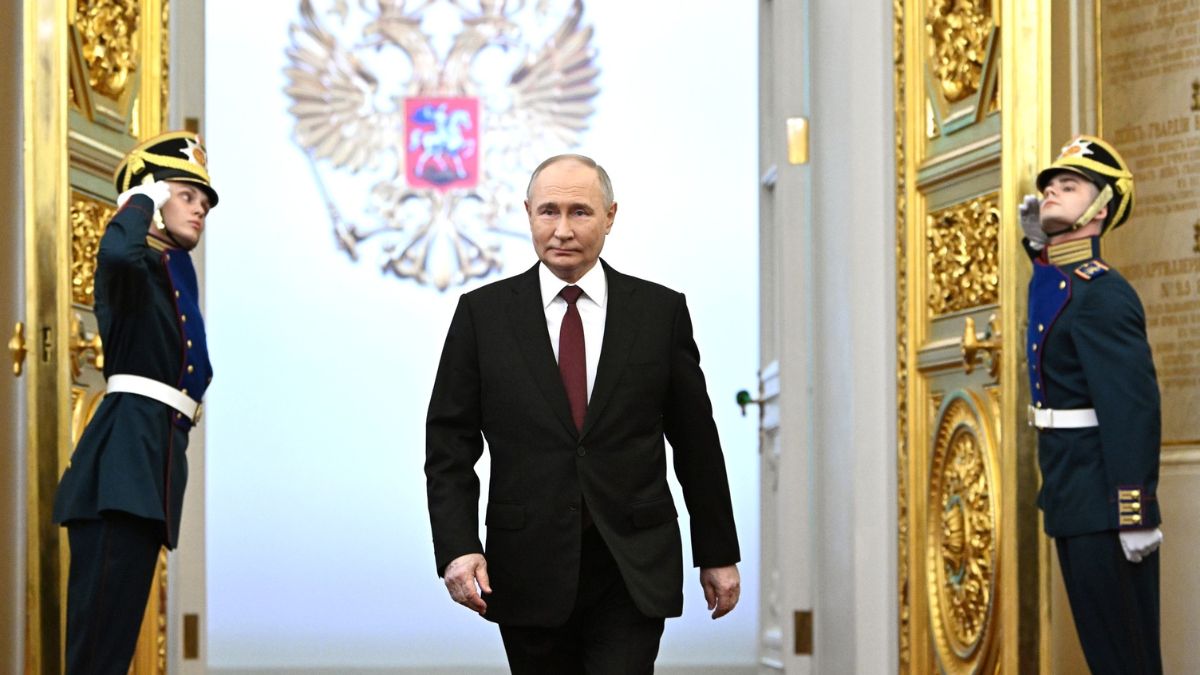)
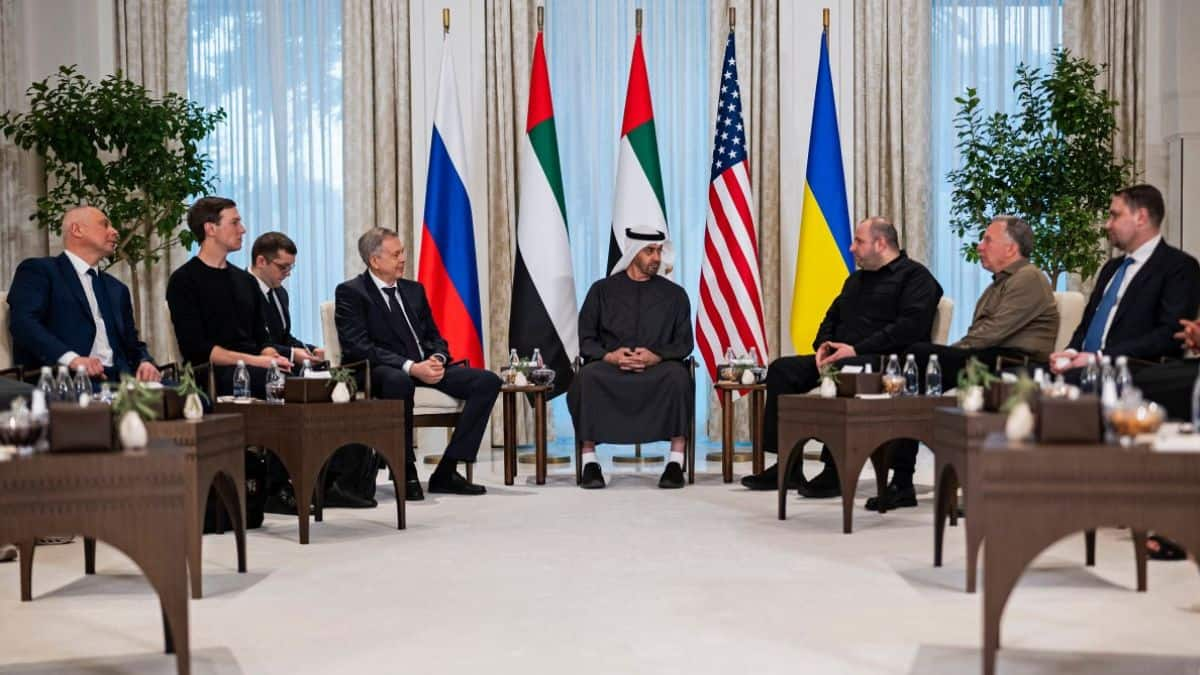
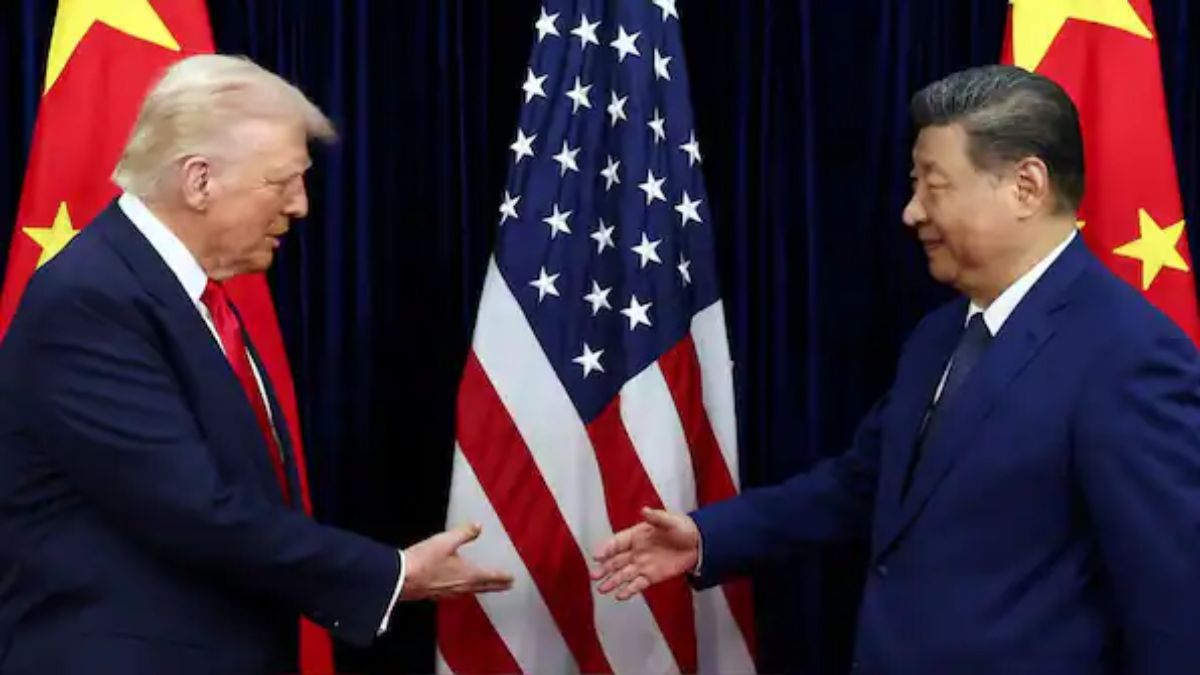)
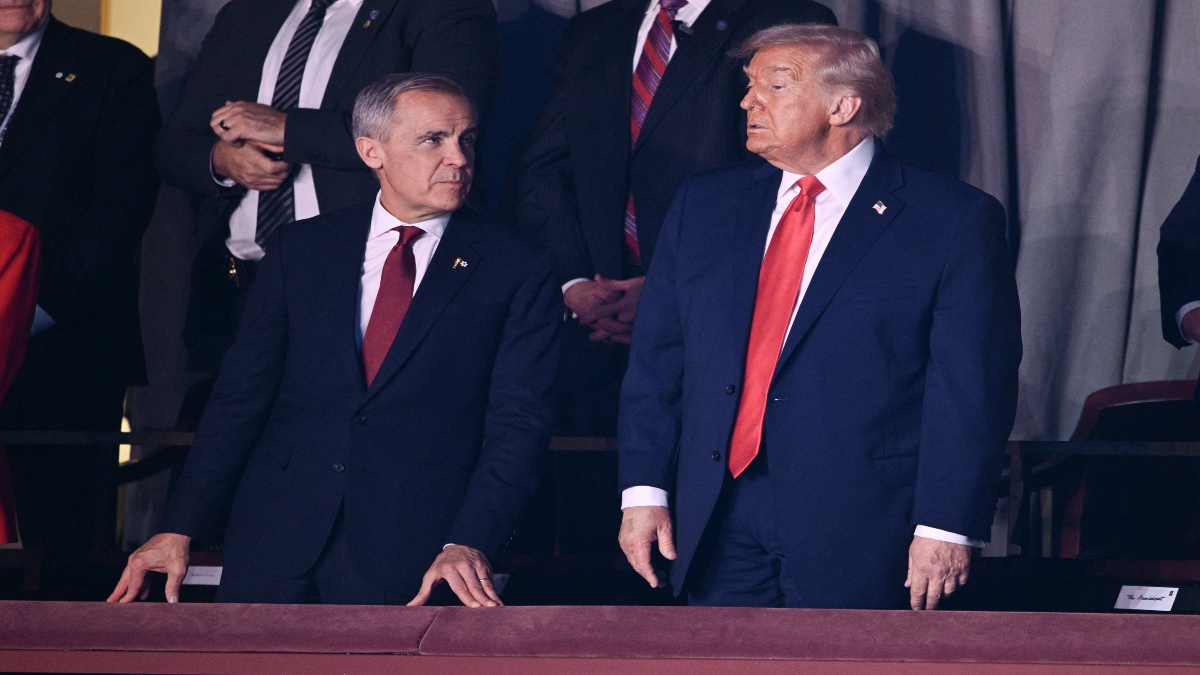)
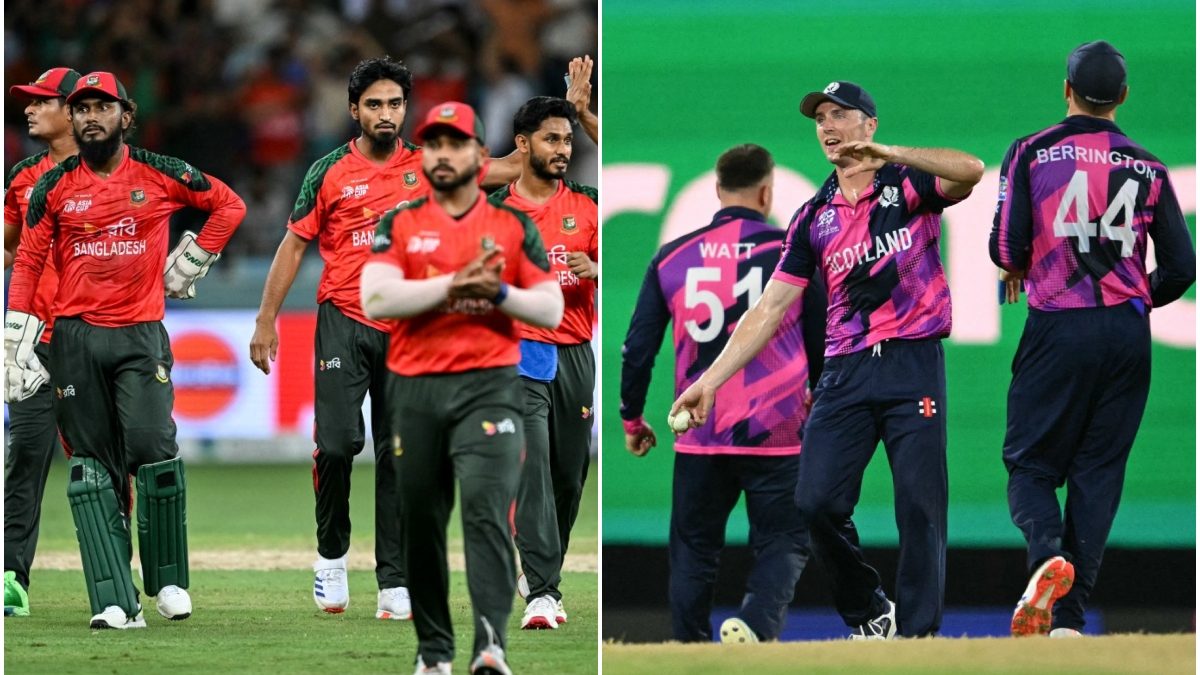)
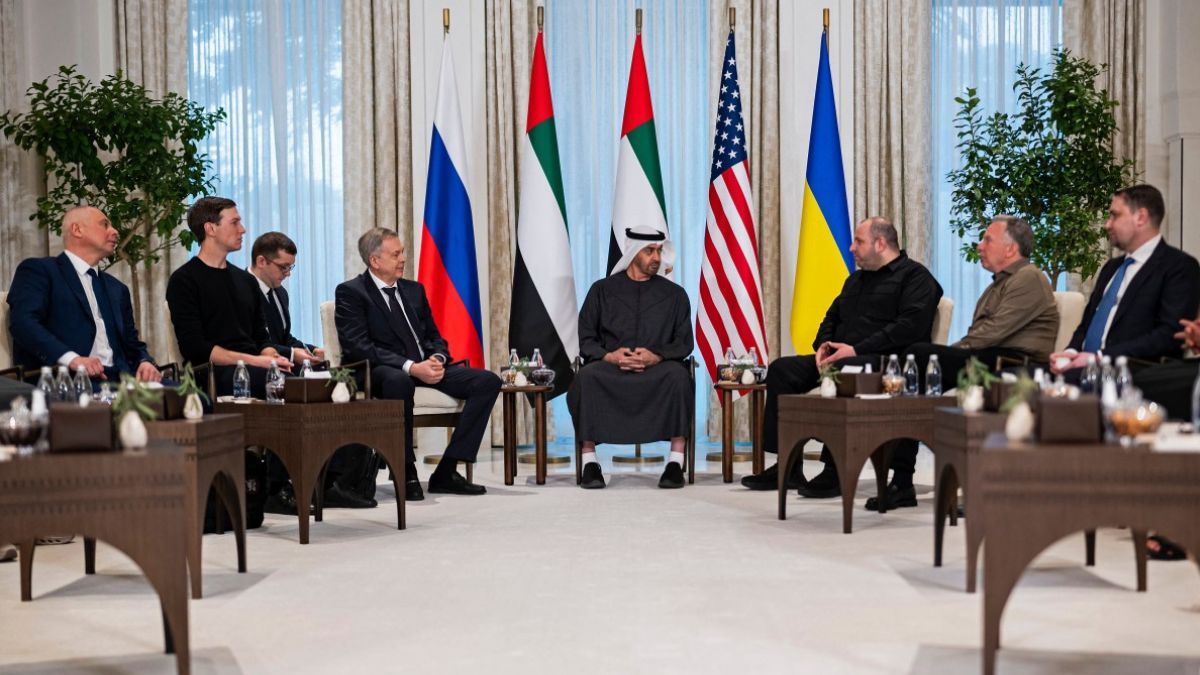)
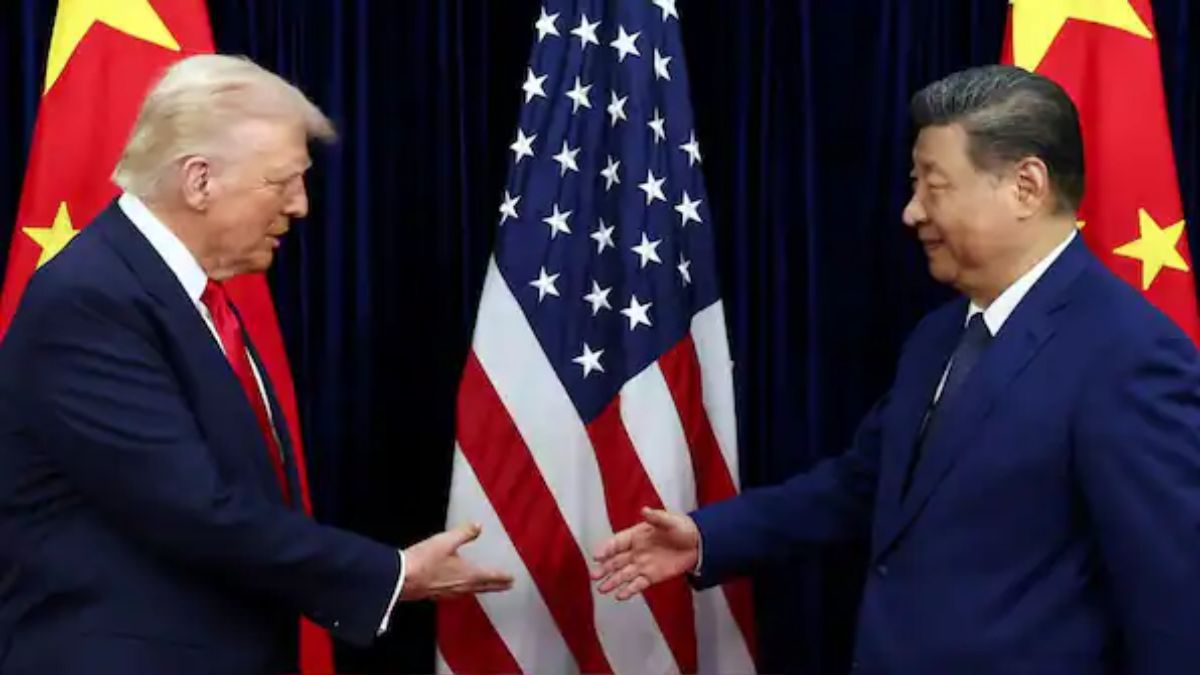)
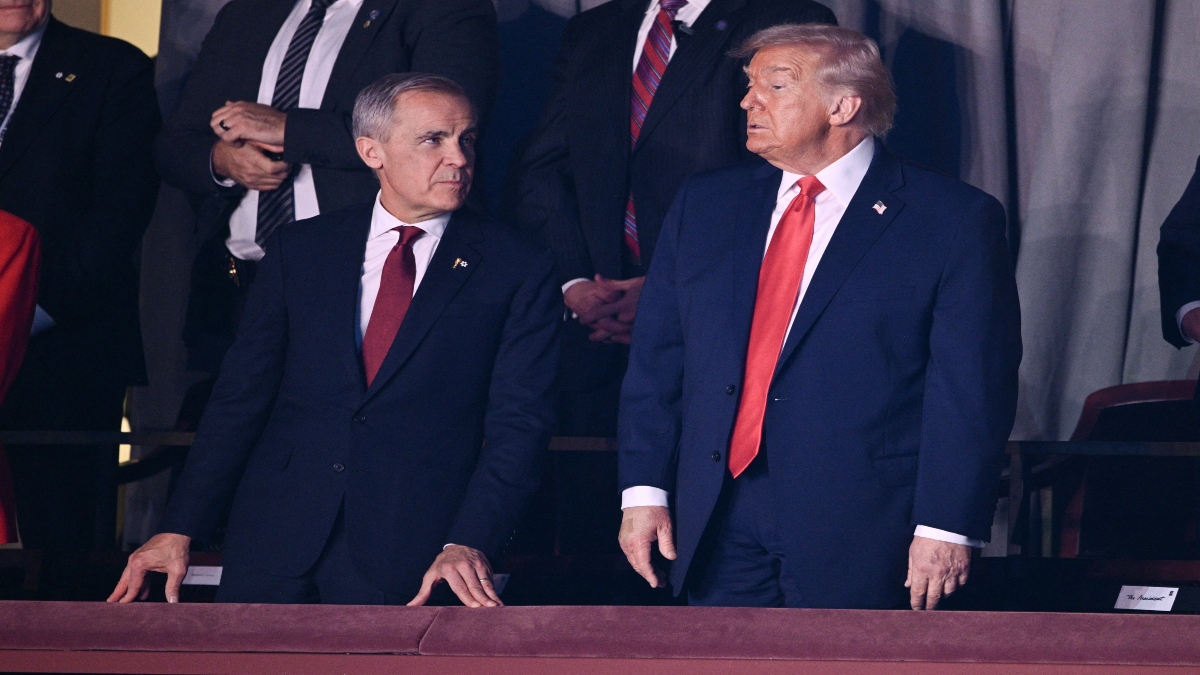)
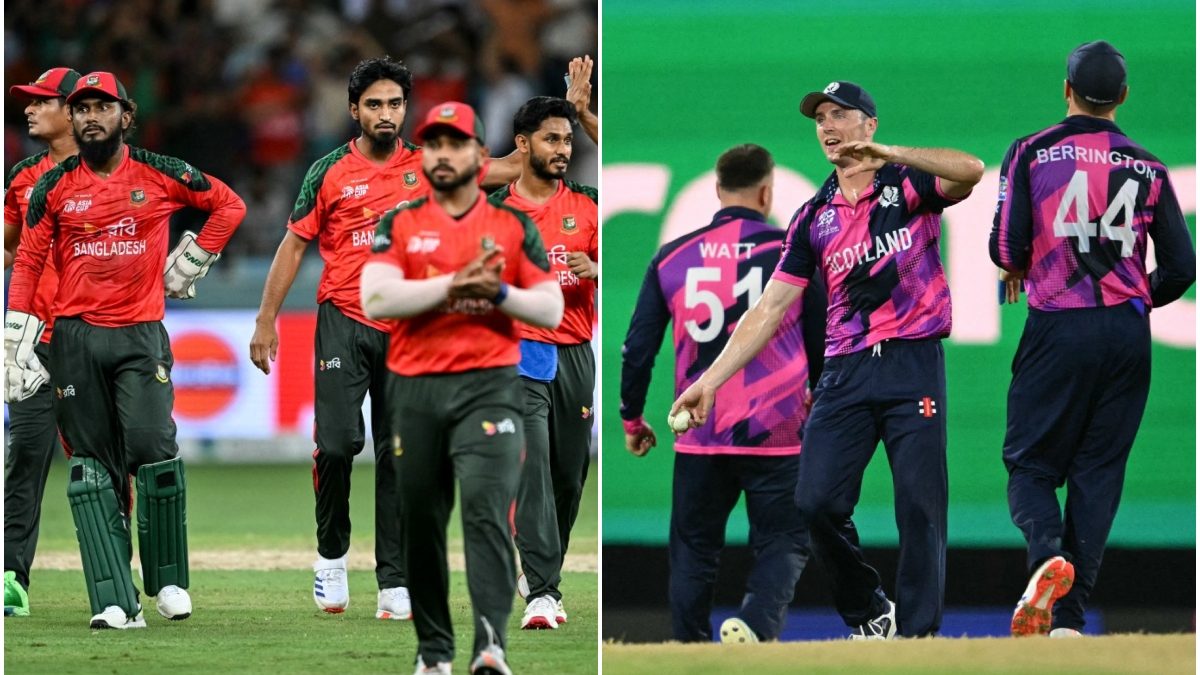)
)



